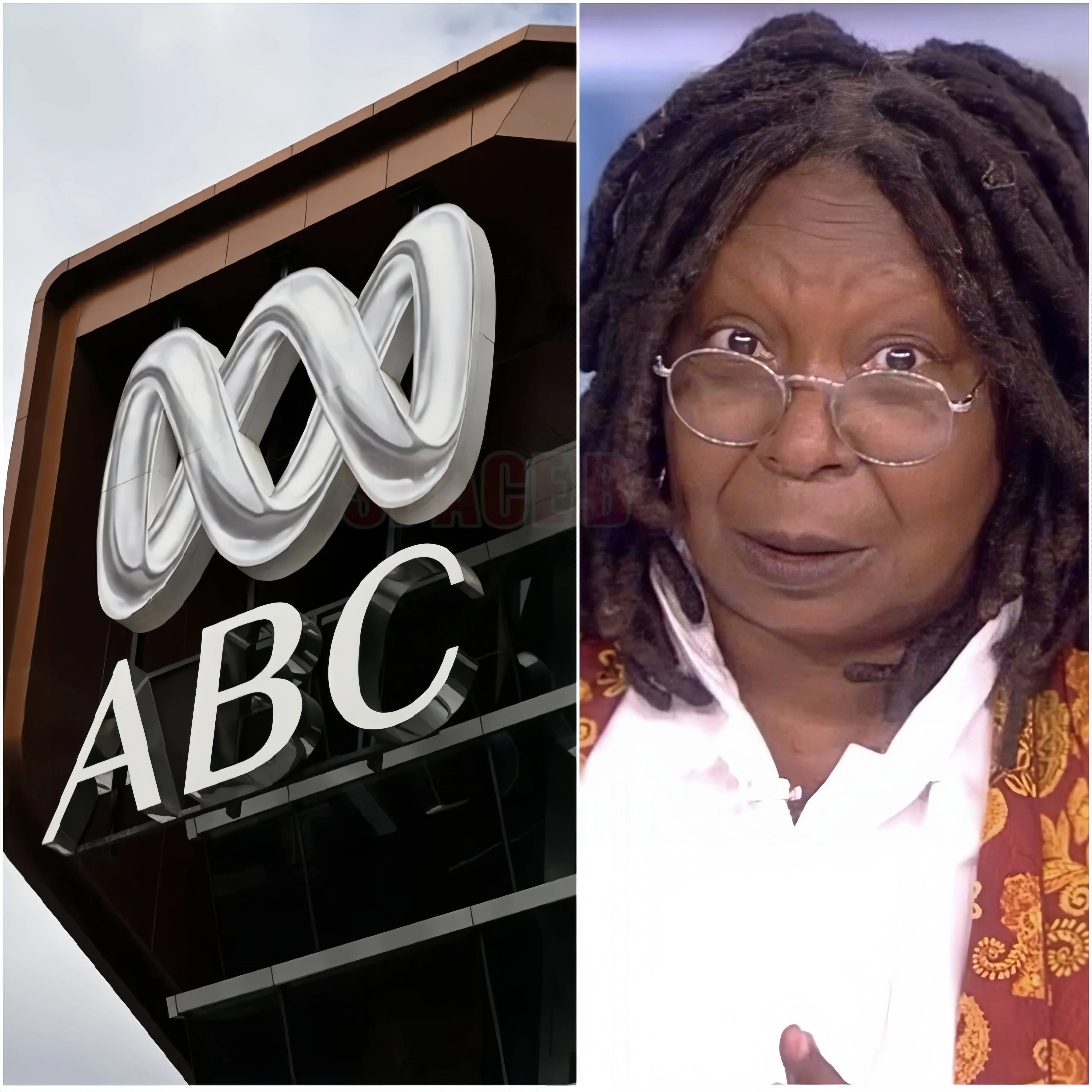In a 𝕤Һoᴄҡing announcement that has sent ripples through the television industry, ABC’s CEO has declared that it’s time to cancel “The View,”
a long-running daytime talk show that has sparked both fervent loyalty and passionate criticism over the years.
This decision comes amid increasing scrutiny of the program’s direction, its hosts’ dynamics, and the overall reception from audiences.
“The View,” which first premiered in 1997, has been a platform for discussing topical issues, featuring a panel of women from diverse backgrounds and viewpoints.
Over the years, the show has garnered a significant following, often making headlines for its heated debates and controversial moments.
However, as the media landscape evolves, so too does the audience’s appetite for content that reflects their values and interests.
The CEO’s comments highlight a growing sentiment that the show may no longer resonate with viewers in the same way it once did.

Critics have long labeled “The View” as a source of conflict rather than constructive dialogue. The show’s format, which encourages passionate discussion among its hosts, has led to some memorable moments but has also drawn criticism for devolving into shouting matches. Many viewers have expressed frustration over the lack of coherent discussion, arguing that the show often prioritizes sensationalism over meaningful conversation. This environment has led to a perception that the program has become more about controversy than about fostering understanding.
The decision to cancel “The View” has been met with mixed reactions. Supporters of the show argue that it provides a unique platform for women’s voices and perspectives, particularly on issues that affect them. They contend that the show’s ability to tackle contentious topics is essential in a time when diverse opinions are more critical than ever. For many, the cancellation represents a broader trend of media outlets opting for safer, less controversial programming, which could ultimately stifle necessary conversations around pressing social issues.

On the other hand, the backlash against the show reflects a changing media landscape. In an age where viewers can curate their content more than ever, many are turning away from programs that they perceive as divisive or lacking in authenticity. The CEO’s announcement suggests that ABC recognizes this shift in audience expectations and is responding to a demand for more meaningful and constructive programming.
Moreover, the cancellation raises important questions about the future of daytime television. As traditional formats face challenges from streaming services and digital media, networks must rethink their strategies to stay relevant. “The View” has long been a staple of daytime TV, but its cancellation could signal a shift towards new, innovative formats that prioritize engagement and inclusivity.
The impact of this decision extends beyond just the show itself. “The View” has been a launching pad for many prominent media personalities, and its cancellation could reshape the landscape of daytime talk shows. With its cancellation, ABC may seek to create a new program that embodies a more constructive and less contentious dialogue, aiming to capture a wider audience while still honoring the diversity of viewpoints.
In light of these developments, current and former hosts of “The View” have reacted with a mix of surprise and contemplation. Many have expressed gratitude for the platform it provided, while also acknowledging the criticisms it faced. As the show’s legacy is debated, the conversation around the need for diversity in media representation remains crucial.

The decision to cancel “The View” is a reflection of broader trends in media consumption, where audiences increasingly demand authenticity and substance. As viewers gravitate toward content that aligns with their values, networks like ABC must adapt to meet these expectations. The cancellation could pave the way for new formats that prioritize thoughtful dialogue and genuine discussion, marking a significant shift in the way daytime television is approached.
In conclusion, the announcement from ABC’s CEO to cancel “The View” has ignited a broader conversation about the future of television and the importance of meaningful content. As the media landscape continues to evolve, the cancellation serves as a reminder that networks must listen to their audiences and adapt to changing preferences. Whether this decision leads to a new era of daytime programming or simply reflects a moment of transition remains to be seen, but one thing is clear: the impact of “The View” will be felt long after its final episode.





